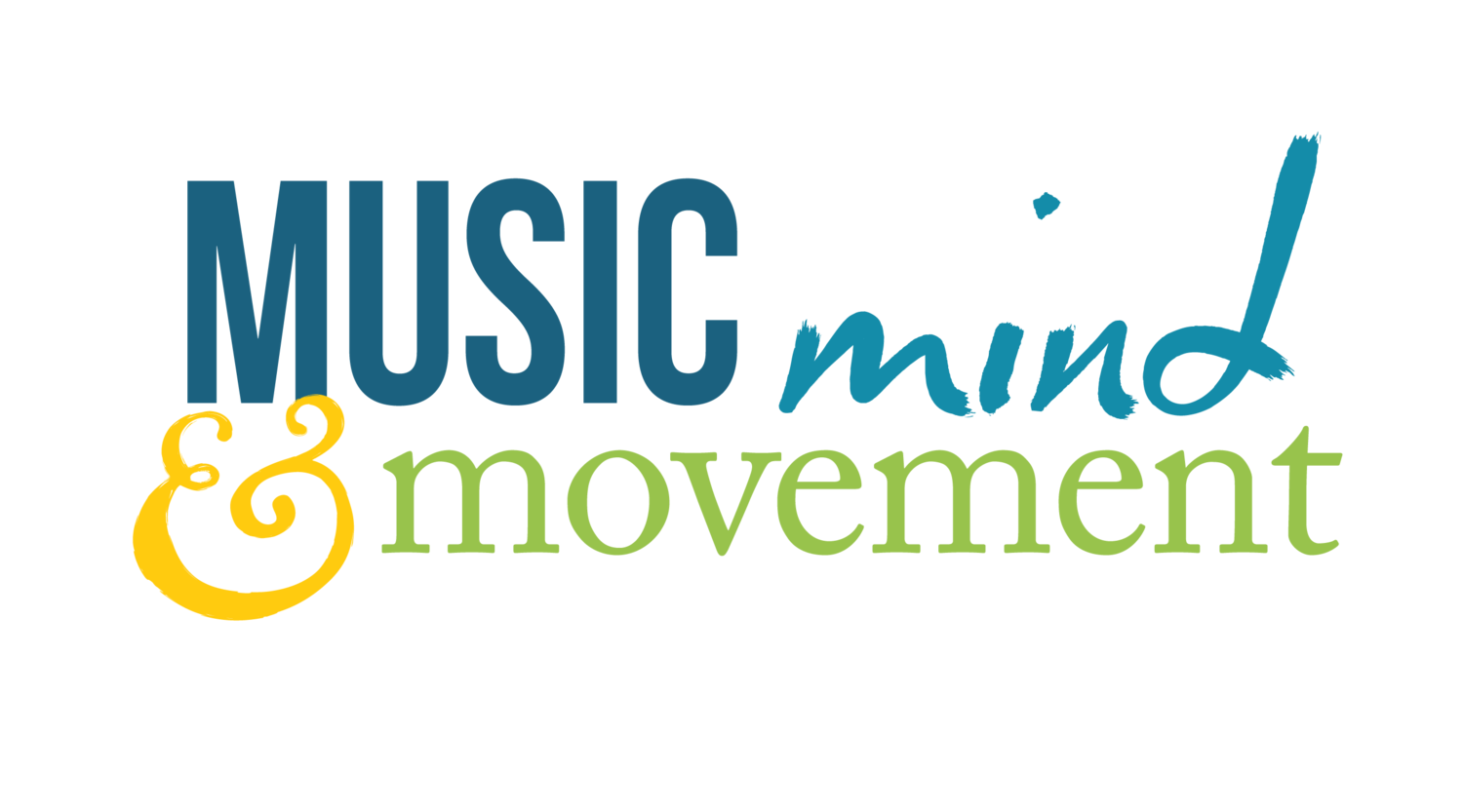Developing a mindfulness practice is kind of like learning to see the water we’re swimming in. Even more than that, it involves the discipline of assuming there is almost always more going on than we can see from deep inside our habitual mental and perceptual grooves. But I’m not going to lie: It ain’t always pretty. To those embarking on a mindfulness journey in the hopes that stress and anxiety will magically melt away I say: buyer beware! Seeing what your mind is full of can be a bit sobering at first. But it’s interesting what happens when just you keep looking. Instead of being tangled in reactivity, we begin to see: Oh, this is frustration…or anger, or worry, or judgment… Seeing that we are having a reaction — and not simply reacting, out of habit — gives us an opportunity to choose a response that is in line with our values and goals.
All tagged super powers
The Window of Tolerance in Practice and Performance
My take is that our playing would get better faster AND we’d be happier, if we got into our windows of tolerance first, and then practiced. In other words, rather than thinking of being in our window as the reward for having accomplished something, we can think of being in our window — feeling alert, grounded, focused, energized, calm — as a pre-condition for accomplishing something.
Interoception, Resilience, and the Window of Tolerance
I use a Window of Tolerance model as a framework for understanding self-regulation. The term “Window of Tolerance” was coined by Dan Siegel (Siegel, 1999) to describe the zone of arousal in which we can handle stressors with relative ease and resilience. When we are operating within our window, it’s not that we don’t experience stress or elevated arousal but that, when we do, we have a feeling of “I’ve got this.” We are able to mobilize the energy and focus we need to complete the task or deal with the stressor in front of us — whether that’s giving a recital performance or simply working through a tough passage in a piece — and then quickly and smoothly return to a state of ease and equilibrium.
Tuning In
The ability to sense our internal experience in an embodied way -- as opposed to thinking about our experience in a conceptual way -- is an important first step in learning to regulate our nervous systems for optimal learning and confident performing. We can't regulate what we can't feel.
More than that, though, if we can learn to sense (and therefore respond to) the subtle signals our bodies are sending us all the time we are less likely to get hijacked by overwhelm.
Let's start with self-compassion
Self-compassion is a way of relating to ourselves with kindness. It is different from self-esteem in that it doesn't require us to be (or to be perceived as) special in comparison to others and it is not dependent on our success. Self-compassion recognizes our basic value without reference to how we do or do not "stack up" next to others and irrespective of success or failure.
The number one reason we gravitate towards self-criticism instead of self-compassion is that we believe we need self-criticism in order to motivate ourselves. Does this sound familiar to anyone??? BUT, Neff's research has demonstrated that in fact the opposite is true, that self-criticism actually undermines our motivation because it stimulates our stress physiology.





